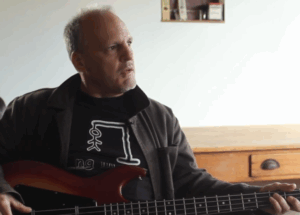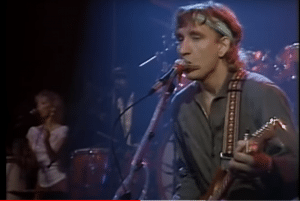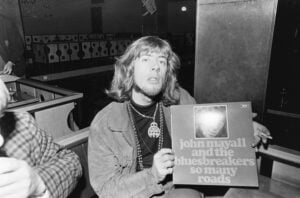On This Day in 1976, Peter Frampton’s Live Single Hits the Charts, Sparks Future Debate on Streaming Revenue Inequities—”I Got $1,700″

via Peter Frampton on MV / YouTube
Live Single Release and Chart Success
On June 26, 1976, a live version of Peter Frampton’s “Baby I Love Your Way” was released as a single in the United States. It climbed to number 12 on the Billboard Hot 100 and reached number three in Canada. The song appeared on his blockbuster double album, Frampton Comes Alive!, which helped make the track a fan favorite and solidified his reputation as a live performer.
The record was praised by Billboard for being an “easy rocker” with an effective hook, while Cash Box called it “an excellent tune” that showcased Frampton’s gentle singing over an acoustic backdrop. Its fresh energy stood in sharp contrast to the studio version released in September 1975, demonstrating the power of live performance as interpreted by audiences in 1976.
View this post on Instagram
Live Performance’s Lasting Impact
The single’s success came from the appeal of live recording, a strength for Frampton. The album included other hits like “Show Me the Way” and “Do You Feel Like We Do,” helping Frampton Comes Alive! achieve multi-platinum status. Frampton’s use of the talk box on these tracks also became a signature detail that audiences still remember.
The live version’s popularity pushed the track to a new level beyond the original studio effort. It also opened doors for covers—Will to Power used it in a 1988 medley that hit No. 1 on Billboard, and reggae band Big Mountain found global success with their 1994 cover.
Streaming Debate Decades Later
More than forty years later, Frampton revisited the song—not musically but to highlight unfair streaming payments. In 2017, he told lawmakers in Washington, D.C.: “For 55 million streams of ‘Baby I Love Your Way,’ I got $1,700.” His remark stunned the audience, who “asked me to repeat that for them.”
The case shows how much streaming revenue lags behind traditional record sales. Despite millions of plays, Frampton’s earnings were low. His comment served as a wake-up call to lawmakers, shining a light on more equitable payment systems for artists.
Still a Cultural Mainstay
The song’s legacy is a mix of live success and critical reflection. The album’s tracks, including this live single, are remembered and played today. Yet years later, the low earnings from streaming cast a shadow over what was once a major hit. Frampton’s words have stayed with lawmakers and artists advocating for change in the streaming era.
On the day it hit the charts, Frampton’s single celebrated live music’s power. But its lasting impact is perhaps found in the debate it helped start, calling out the gap between streaming play counts and actual artist earnings.













